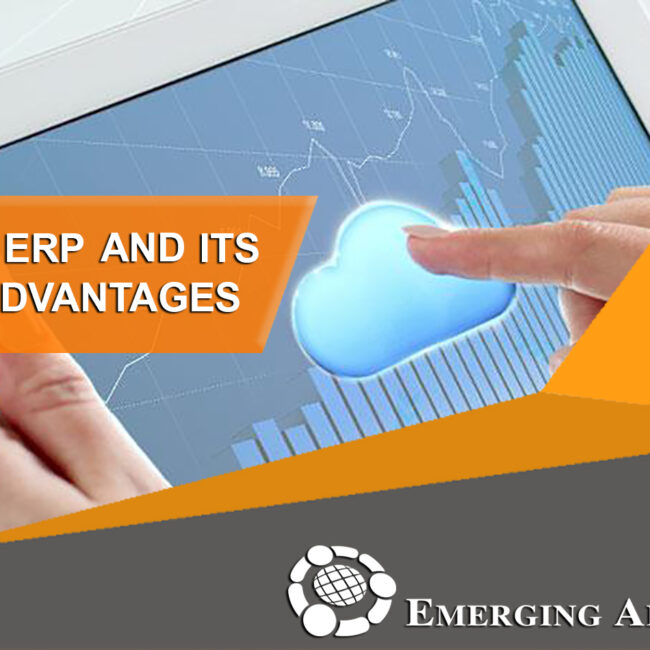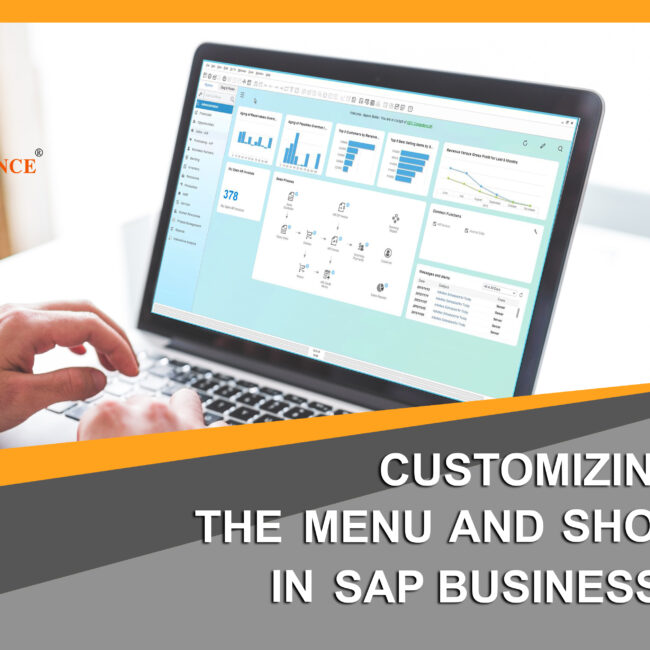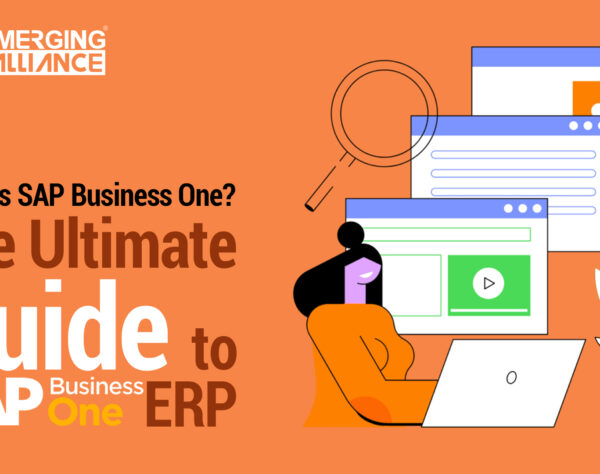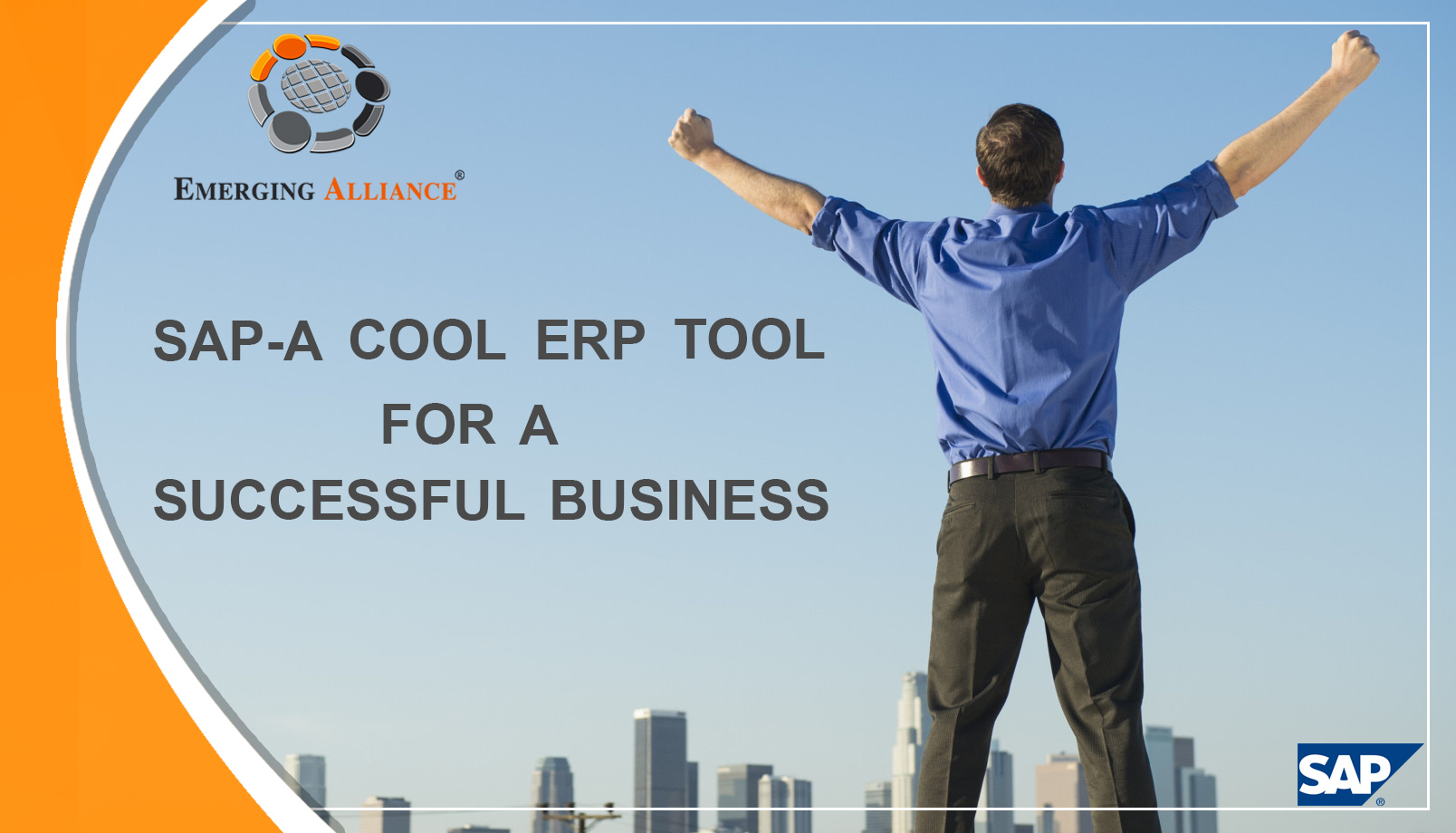
SAP- A COOL ERP TOOL FOR A SUCCESSFUL BUSINESS
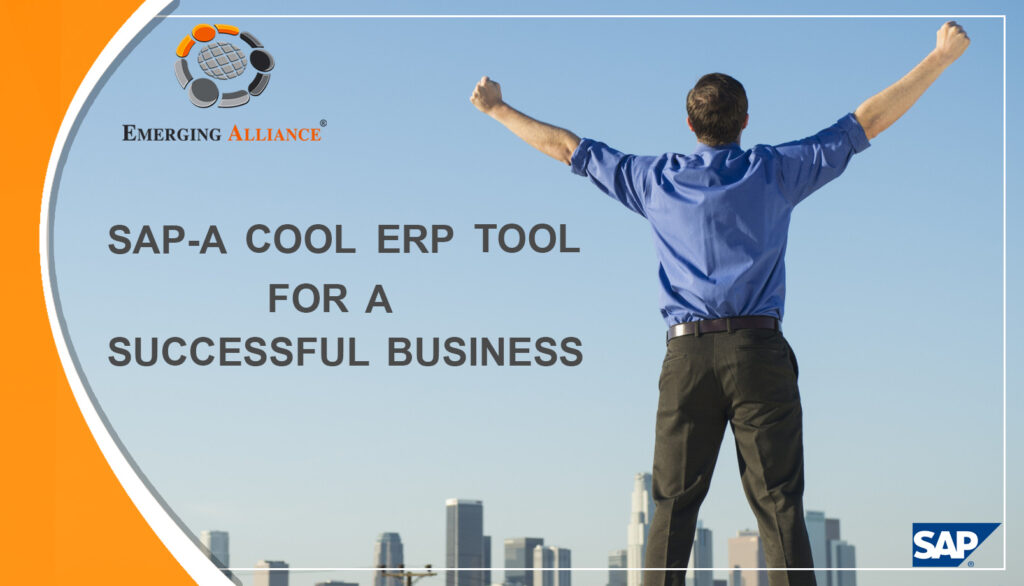
SAP-A COOL ERP TOOL FOR A SUCCESSFUL BUSINESS
To run a business successfully there is a need for the integration of its parts such as planning, purchase, inventory, sales, marketing, finance and human resource. This can be achieved with Enterprise Resource Planning (ERP). Systems Applications and Products (SAP) is the commonly used ERP tool in business.
Need for ERP
In a business synchronization of information and communication is crucial for success. ERP, the combination of software and business activities can do this part well. So, ERP software can streamline the crucial processes of a business.
SAP- ERP software
Systems Applications and Products (SAP) is the ERP tool found by Wellenreuther, Hopp, Hector, Plattner and Tschira. It integrates the individual parts of a business effectively.
Need for SAP-ERP software
If a customer asks for a product/service, the sales team should approach the inventory team to check the availability. If the product is unavailable, then the customer will change the vendor and hence the Customer Relationship Management will be lost. To avoid this loss, SAP- ERP software must be applied in a business.
Types of enterprise systems
Enterprise system can be of two types:
-
Decentralized
-
Centralized (ERP).
Decentralized System
In a decentralized system, data will be stored in individual departments locally and the information about one department can’t be accessed by the other. In this case, if a customer asks for a product/service, the sales team should approach inventory team to check the availability data, as the data is stored locally. By this time, the customer may opt for another vendor.
Further, the data about raw material availability will be stored by both production and inventory department, which results in data duplication. In this case, data maintenance cost will also be high.
If the production planning team fails to update the expenses in terms of raw materials purchase and the company fails to pay the suppliers, then the firm has to face legal action.
These issues can be avoided in a centralized enterprise system (ERP).
Centralized System
In a centralized system data is maintained centrally and each department has the access to the information of other. In this system (ERP), if a customer asks for a product/service, the sales team need not to approach inventory team to check the availability data, as the data is stored centrally. Hence on-time response can be given to gain customers’ support which in turn enhances the revenue and Customer Relationship Management.
Further, the production planning team can access the centralized data about the raw material availability which has been updated by inventory team. So data duplication can be avoided. In this case, data maintenance cost can also be reduced.
The man power status updated by shop floor team can be accessed by the HR team and it will start hiring people if there is a necessity.
The finance department can get information on the invoices through centralized data and do on-time payments to avoid legal actions.
Thus, the centralized enterprise system (ERP), can enhance customer relationship management, revenue, quality and delivery speed.SAP is the widely accepted successful ERP software.
Reap the benefits of this SAP to have a successful business!!!
Get started today.
Visit: www.emerging-alliance.com


